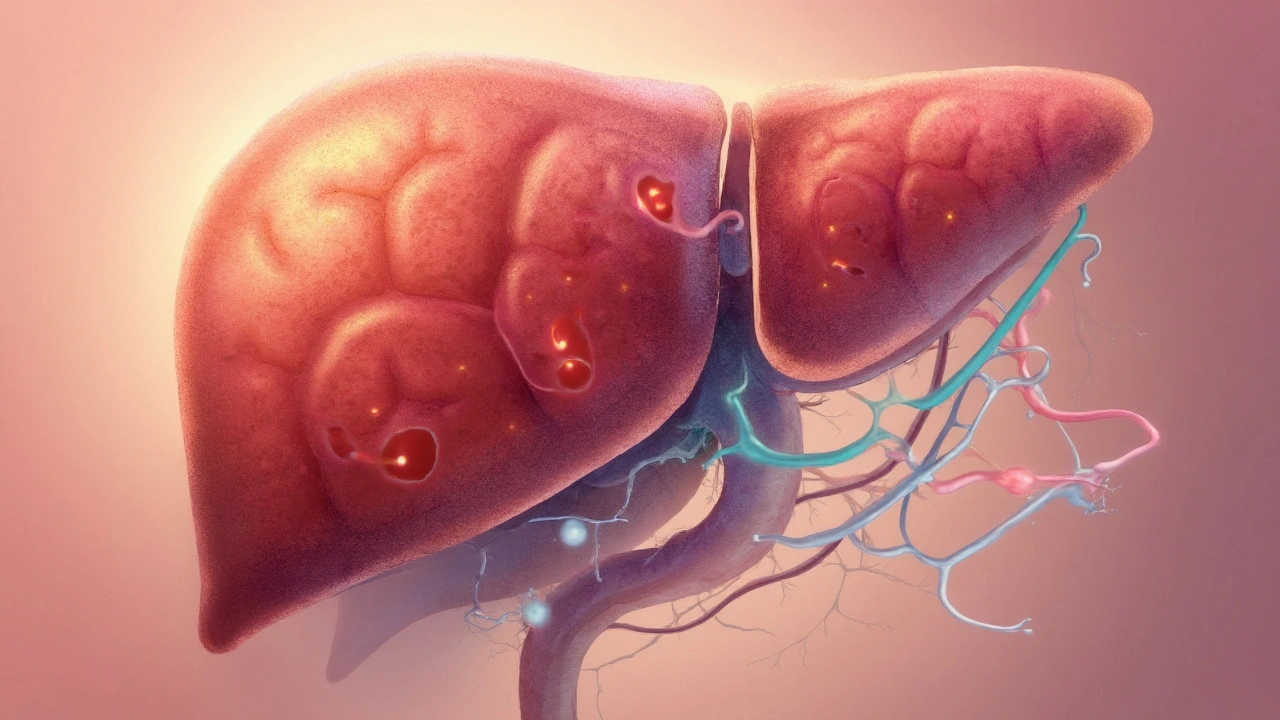Ammonia: What It Is, How It Affects Your Health and How to Handle It Safely
Ammonia is a colorless gas with a sharp smell that you might recognize from cleaning supplies or farm barns. While it sounds intimidating, your body actually makes a little bit of it every day as part of normal metabolism. The key is keeping the levels balanced – too much can cause headaches, nausea, or even more serious problems.
On this page we’ll break down why ammonia matters, where you might run into it, and practical steps you can take to protect yourself. No jargon, just clear advice you can use right now.
Ammonia in Your Body: Why It Matters
Your liver turns the ammonia produced when proteins break down into a safer substance called urea. The kidneys then filter urea out of the blood and you pee it out. When the liver or kidneys aren’t working well, ammonia can build up and affect the brain. This can show up as confusion, fatigue, or a shaky feeling.
If you have liver disease, hepatitis, or a genetic condition called urea cycle disorder, your doctor may monitor blood ammonia levels and prescribe medication to lower them. Even without a diagnosis, staying hydrated helps the kidneys clear urea efficiently, so drinking enough water is a simple habit that supports ammonia balance.
Diet also plays a role. High‑protein meals increase ammonia production, but the body usually handles it fine. People on very low‑protein diets sometimes feel better because there’s less ammonia to process, but cutting protein too much can be unhealthy. Aim for a balanced intake and talk to a nutritionist if you’re unsure.
Safety Tips for Everyday Exposure
Outside the body, ammonia shows up in many household and industrial products. It’s strong enough to irritate eyes, skin, and lungs, so using it safely matters.
When you’re cleaning with ammonia‑based solutions, open windows, wear gloves, and avoid mixing it with bleach – that creates toxic chloramine gas. If you feel a burning sensation in your eyes or throat, step outside for fresh air and rinse the area with water.
In the workplace, especially in labs, farms, or factories, proper ventilation is a must. Personal protective equipment (PPE) like goggles, face shields, and respirators can prevent accidental inhalation. Employers should have clear spill‑cleanup procedures, and you should know where the eyewash stations are.
If you suspect an ammonia leak at home – a strong, pungent smell that doesn’t go away – turn off the source if it’s safe, ventilate the space, and call a professional. Never try to fix gas lines yourself.
Kids are curious, so keep cleaning products out of reach and store them in clearly labeled containers. Teaching them to ask for help before using anything strong can avoid accidents.
Finally, if you work in a setting where you’re regularly exposed to ammonia, regular health check‑ups can catch any early signs of irritation or respiratory issues. Simple lung function tests can spot problems before they become serious.
Ammonia is a useful chemical and a normal part of how your body processes protein. Keeping its levels in check inside you and handling it carefully outside you protects your health and keeps everyday tasks safe. Stay hydrated, use proper protection, and don’t ignore persistent smells – a little awareness goes a long way.

